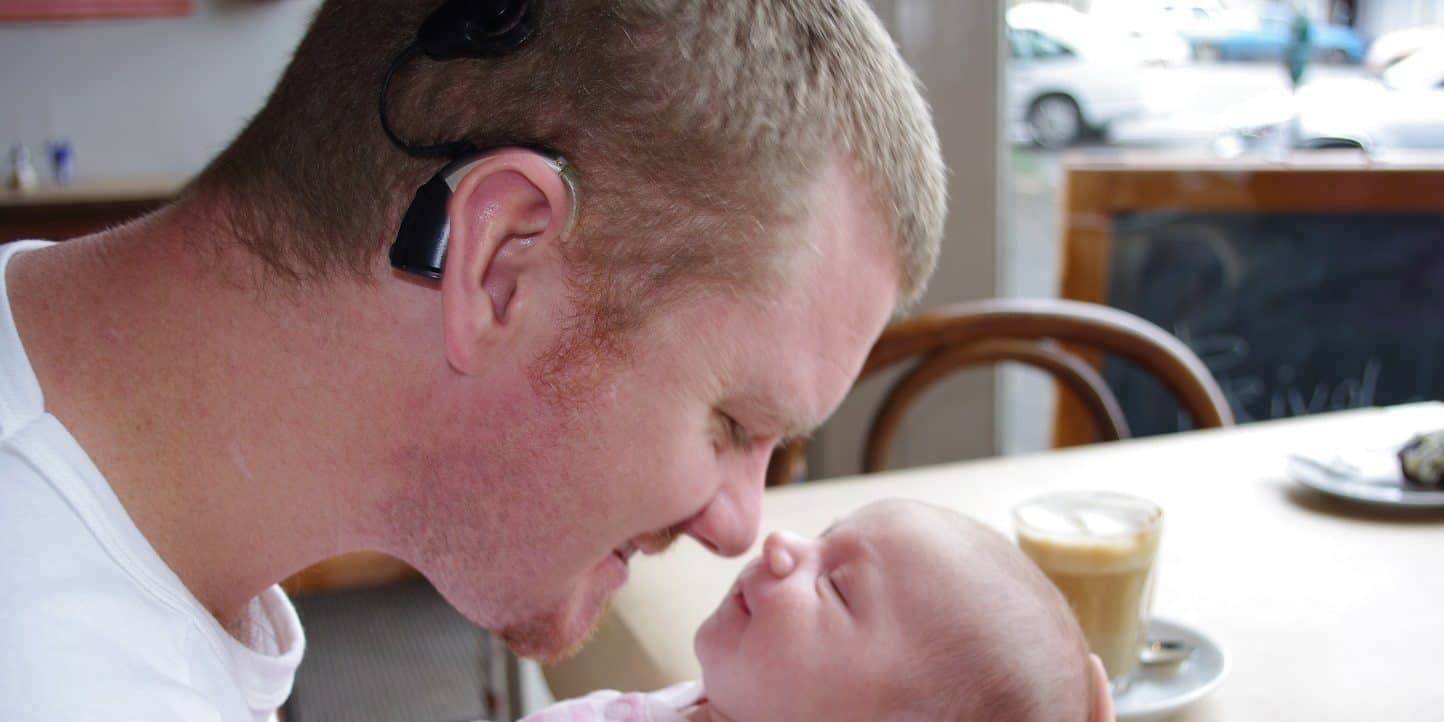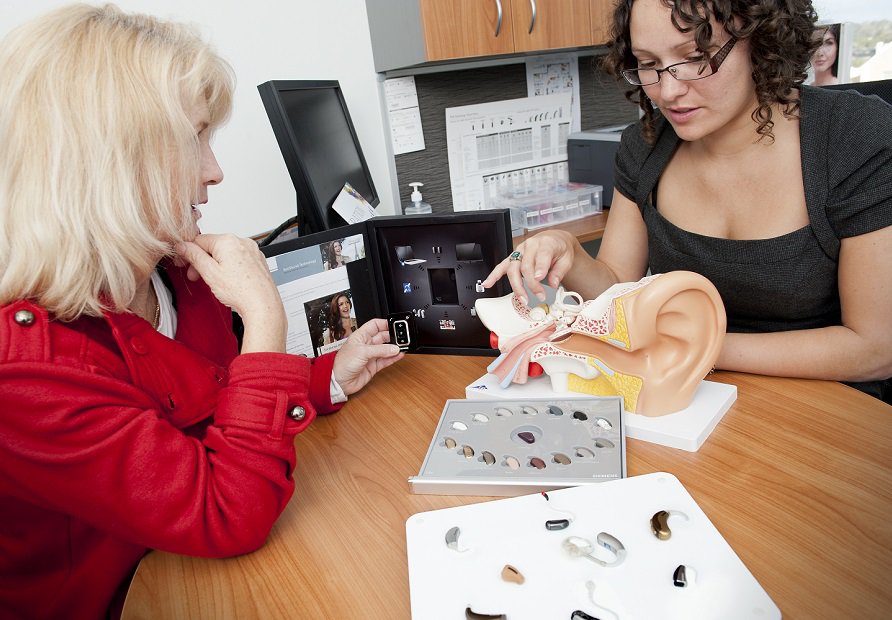What if your hearing aid amplified their voice, but not the TV behind them – and it was all done automatically by your hearing aid tuning in to your brain activity?
That’s the subject of a ground-breaking research project from Professor Thomas Lunner at the Eriksholm Research Centre in Denmark. Prof Lunner and his team are measuring physical signs of the brain’s listening efforts, such as pupil dilation, eye movements and heart rate. Their goal is to program hearing technology, such as hearing aids, to amplify sounds the listener wants to hear.
They call it listening intent.
Bringing it home
Our very own Ear Science Institute Australia lead senior researcher in hearing and cognition, Dr Dona Jayakody, has been collaborating with Prof Lunner for some time. Dr Jayakody travelled to the Eriksholm Research Centre last year to work on research projects and undertake exciting new training to further advance the world-class knowledge base here in Perth.
In addition, Dr Jayakody is collaborating with hearing aid suppliers Oticon (parent company of Eriksholm Research Centre) on a project “investigating the impact of hearing loss treatment, such as hearing aids, on older adults who are at risk of dementia”, explained Dr Jayakody. Current research suggests that those with severe and untreated hearing loss are up to five times more likely to develop dementia in later life.*
“Prof Lunner and his team are pioneers in the field. They’ve provided insights through a variety of models to explain why someone with hearing loss will have difficulty understanding speech, and how this can contribute to cognitive impairment.”
Better outcomes on the horizon
Collaborations with international researchers, such as Prof Lunner, hearing technology suppliers and clinicians have long-lasting impacts on what we do at Ear Science. These collaborations lead to advanced research, improved technology and ultimately, better patient outcomes.
“We aim to prove that by treating the hearing loss, the risk of cognitive impairment and dementia can be reduced. This could dramatically alter the course of someone’s life for the better, as it could delay or even prevent dementia onset,” Dr Jayakody said. “We invited Prof Lunner to speak at the Bryant Stokes Neuroscience Seminar Series while he was in Perth, to give our teams and the wider Perth research network a chance to learn from his pioneering research.”
Source: Lin, F. R., Ferrucci, L., Metter, E. J., An, Y., Zonderman, A. B., & Resnick, S. M. (2011). Hearing loss and cognition in the Baltimore Longitudinal Study of Aging. Neuropsychology, 25(6), 763-770.






